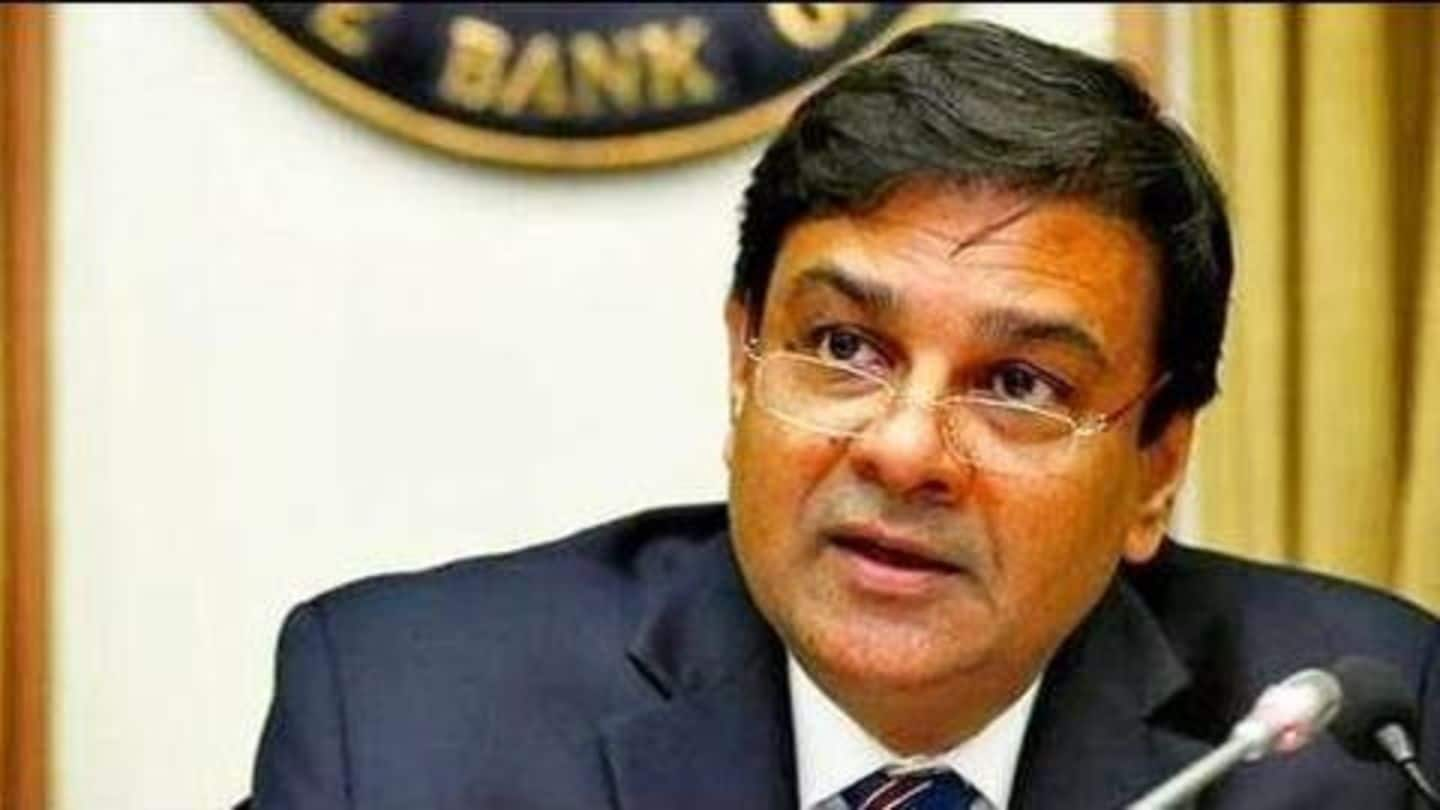
Urjit Patel first RBI Governor to officially resign since 1957
What's the story
Reserve Bank of India (RBI) Governor Urjit Patel's resignation from his post has made him the third RBI Governor to officially resign. While Patel himself has said that he resigned due to personal reasons, many suspect the growing rift between the RBI and the Centre to be the cause. Notably, the last official resignation of an RBI Governor took place in 1957. Here's more.
Earlier resignations
The only two RBI Governors to officially resign
The first RBI Governor to officially resign was Sir Osborne Smith, who quit his post in 1937 owing differences with the government over policy issues. The second official resignation came in 1957, when Sir Benegal Rama Rau resigned owing to a Nehru-backed attack on RBI's autonomy. Meanwhile, it's believed that another RBI Governor, S Jagannathan, was unofficially forced out in 1975.
Patel
So, why did Urjit Patel resign?
After two years at the helm, RBI Governor Urjit Patel announced his resignation on Monday. While Patel pinned his resignation to "personal reasons", it's widely believed that he resigned owing to a power struggle between the RBI and the Centre over operational autonomy. Patel's resignation came ahead of a crucial RBI Board meeting scheduled for December 14 to discuss the central bank's governance.
Tensions
The tensions between the RBI and the Centre
Earlier, in an unprecedented move, the Centre had invoked Section 7 of the RBI Act, in a bid to entrust the RBI Board with more operational power. The government is expected to push for the same in the upcoming meeting. This is believed to have irked Patel, considering that the 18-member Board consists of 11 external members, two government nominees, and five RBI officials.
Sources
What sources close to Patel had to say
Sources close to Patel told TOI, on the condition of anonymity, that the aforementioned mounting tensions between the Centre and the RBI had taken a toll on Patel's health, prompting him to considering resigning. Further, these sources also said that Patel felt that the Centre was trying to undermine the central bank's autonomy, and that he did not want an extension of his term.
Rajan
Rajan: Patel's resignation should be seen as sign of protest
Former RBI Governor Raghuram Rajan, too, thinks that Patel's resignation is an alarming development. Commenting on Patel's resignation, Rajan said that despite Patel's statement, his resignation should be seen as a "note of protest". Further, he explained that operational powers being given to the RBI's Board was an "extreme change in the nature of [RBI's] governance", and should be an issue of concern.
AIBEA
AIBEA thinks Patel's resignation signals a 'dangerous trend'
Meanwhile, the All India Bank Employees' Association (AIBEA) also expressed shock at Patel's resignation. Although the AIBEA itself had called for Patel's resignation earlier owing to his silence over the PNB scam, it termed Patel's resignation "shocking and disturbing". Commenting on the Centre-RBI tensions, it said that Patel's resignation signalled a "dangerous trend" wherein autonomous institutions were being attacked by the Centre.
What now?
Who all could potentially replace Patel as RBI Governor
Given the void in the RBI's leadership, senior most Deputy Governor - N S Vishwanathan - will now take over as the acting head of the RBI. As far as Patel's replacement is concerned, IMF Executive Director Subir Gokarn could be a candidate. Economic Affairs Secretary S C Garg, and Financial Services Secretary Rajiv Kumar could also be considered to replace Patel.